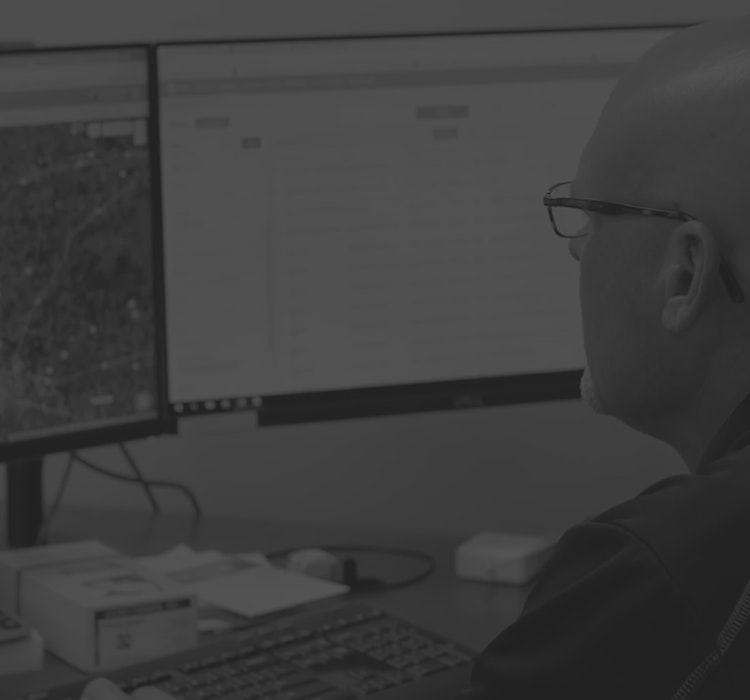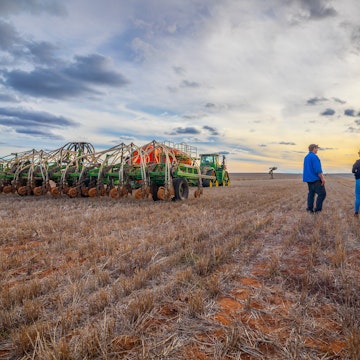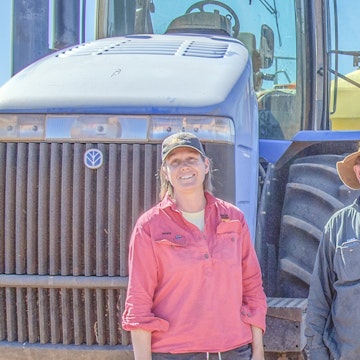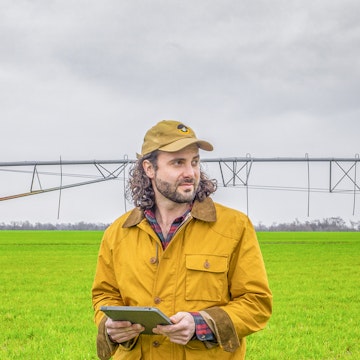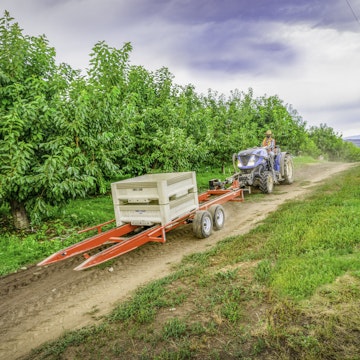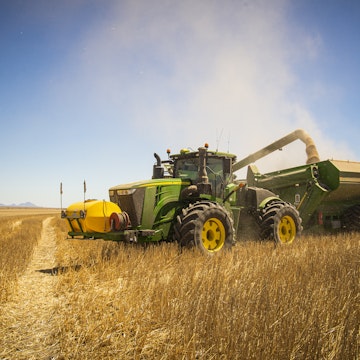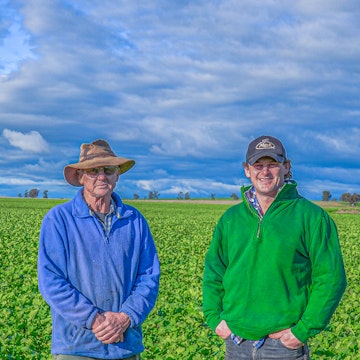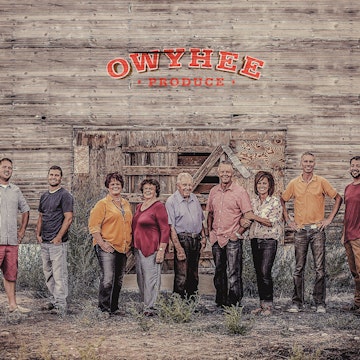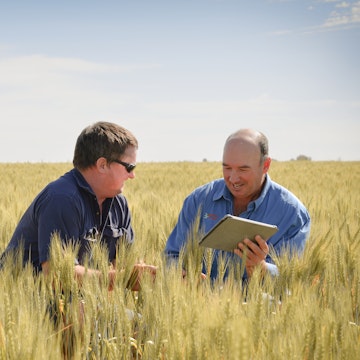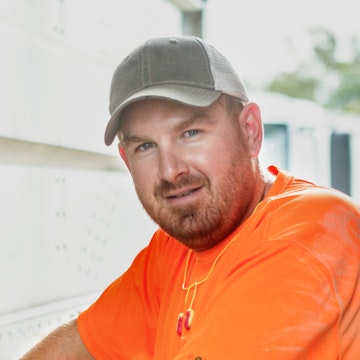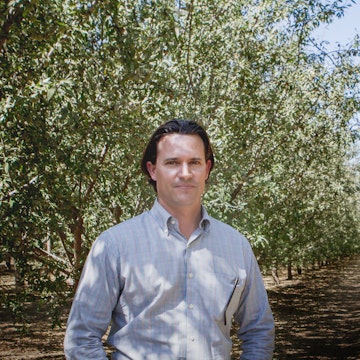
Faster, Smarter, Transparent. How Wysocki Family Farms Transformed Compliance and Communication
Managing 24,000 acres across multiple operations, Wysocki Family Farms needed a way to unify agronomy, operations, and compliance data across its potato and rotational crop enterprises. Paper records and disconnected software systems slowed down decision-making, compliance audits, and communication between teams. With hundreds of employees, multiple sites, and a vertically integrated business, from seed potatoes to packaging, the lack of one centralized digital system made collaboration difficult and reporting inefficient.
